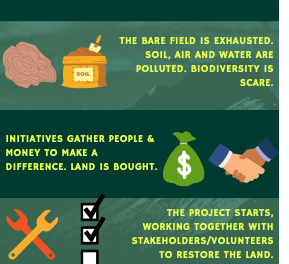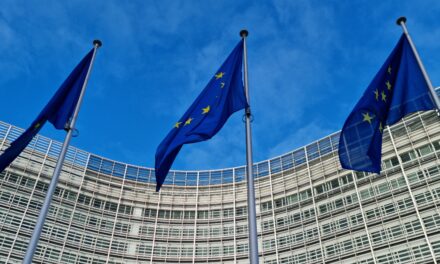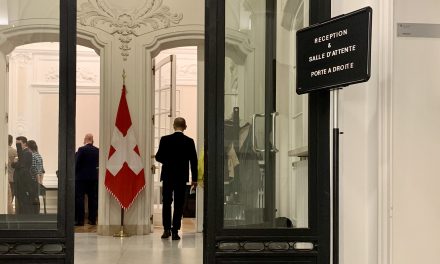The Parliament of Georgia has officially passed a controversial law restricting LGBTQ+ rights, making a significant setback for the country’s LGBTQ+ community. Approved with 84 votes in favor and none against, the law is now in force. Georgian Dream, the populist political party behind the legislation, claims it aims to “protect children and uphold traditional family values”. However, critics argue that this move is a thinly disguised attack on the rights of the LGBTQ+ community.
The first draft of the law was registered in the Parliament of Georgia on June 10, 2024. By passing this law, there we a few changes made in 18 existing laws, including the one about “Freedom of speech and expression”. From now on, non-binary people can not adopt a child, public gatherings and/or demonstrations that aim to promote a person’s identification with a gender different from their biological sex and sexual orientation between members of the same biological sex are also not allowed and government can regulate content that deals with things like defamation, verbal abuse, encouraging people to commit crimes and obscenity.
This legislative law mirrors Hungary’s 2021 “anti-LGBTQ+ propaganda” law, which caused a lot of negative reactions throughout the European Union, sparked widespread protests within Hungary, with thousands demonstrating in Budapest against the government’s anti-LGBTQ+ stance and also led to a legal action from the European Commission. Despite seeing Hungary’s backlash, Georgia seems to be following the same path. Taking into consideration that for several years, Georgia has been working towards the EU membership, portraying itself as a nation committed to democratic reforms, human rights, and European values. The country even received candidate status, which was seen as a significant step forward. However, this new law has raised doubts about Georgia’s readiness to fully align with the EU values, which emphasizes equality and the protection of minorities.

“We are not propaganda; we are people. This law makes us feel like we don’t belong in our own country.” – says Mzia Badzaghua, Georgian LGBTQ+ activist. For her and also for many Georgian people this is not just a law or a legal restriction, it is a deeply personal matter, which is why the protests have already started in front of the Parliament building. People are protesting outside of the building because this law sends a message that their lifestyle and existence is “something to be hidden away and ashamed of”.
As protests grow in Georgia and international criticism mounts, the country’s future of its path to the EU membership remains uncertain. Josep Borrell Fontelles , high representative of the EU Foreign Affairs and Security Policy/Vice-President of the EU Commision tweeted on platform X (formerly Twitter), that “The Georgian Parliament adopted laws on ‘family values and protection of minors’ which will undermine the fundamental rights of the people and increase discrimination & stigmatization. I call on Georgia to withdraw this legislation, further derailing the country from its EU path”. The German Foreign Office shares Fontelles ideas and made the statement that this law “infringes on individuals’ civil rights … and moves Georgia away from the EU”.
The tragic killing of a Georgian trans person this week , Kesaria Abramidze, can only intensified these concerns. This confirms that, as a result of the law, hate and violence against LGBTQ+ community has grown.
This law and its new restrictions not only risk isolating the LGBTQ+ community, but it also damages Georgia’s reputation on the global stage. While the government claims it’s about defending family values, these policies could cost Georgia its long-sought EU membership, forcing the country to choose between its conservative domestic policies and its aspirations to join Europe, which is a huge step back from development.




